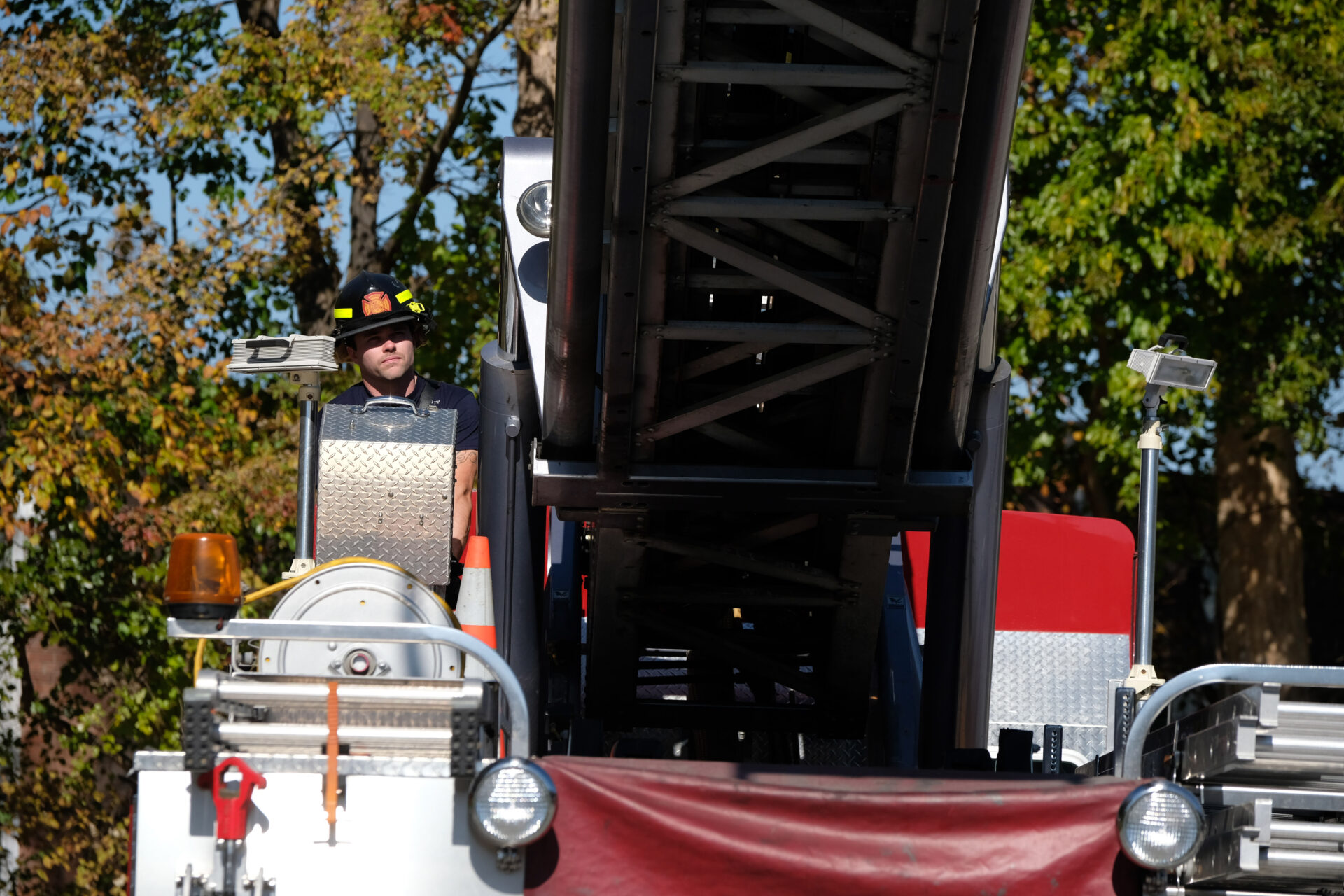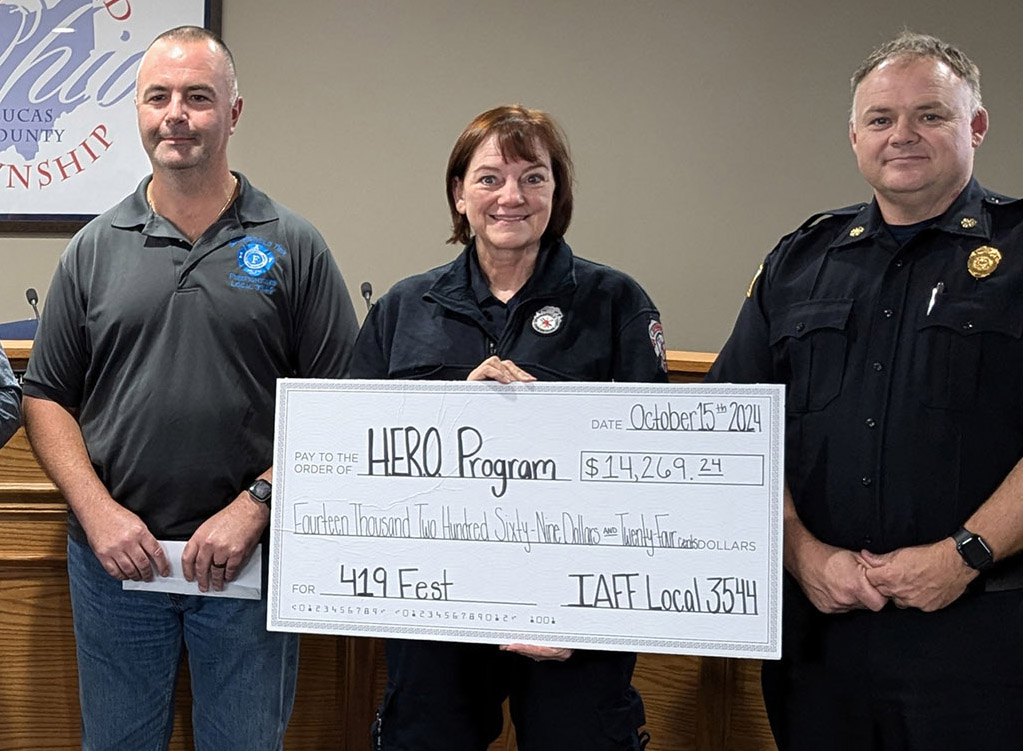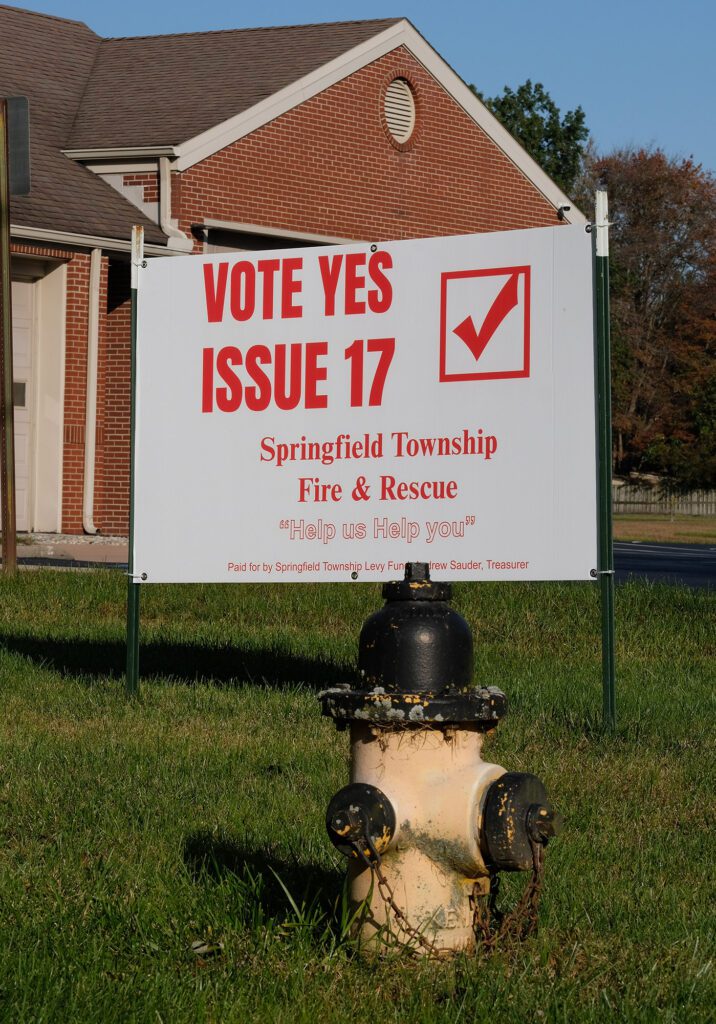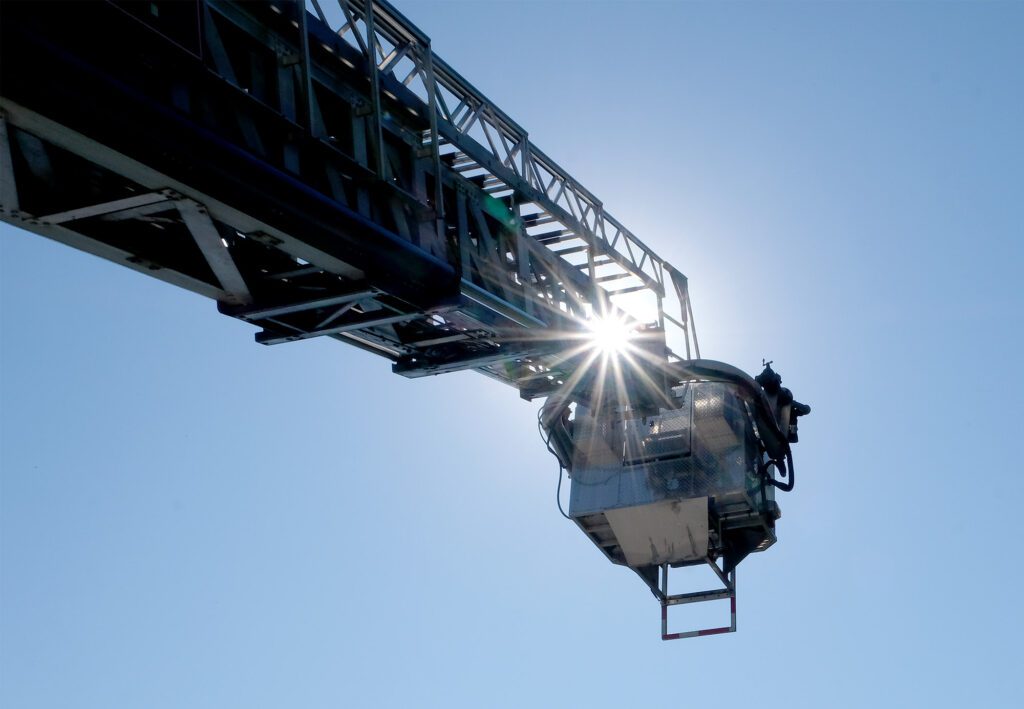
Area fire departments seek funding through levies
In these polarized political times, marked by bitter presidential and congressional rivalries, issues on the local front can be all but drowned out.
And when it comes to local issues, there are plenty. Among the most pronounced are fire levy requests.
Voters in 10 Lucas and Wood county communities are asked to support either a renewal or additional funding for their respective departments.
In Wood County, Freedom, Montgomery and Troy townships, along with the Village of Wayne and City of Rossford, are seeking renewal of existing levies for personnel, equipment, fire and ambulance protection services.
Renewal levies will not cost a homeowner any additional money on their property tax duplicate.
Of the remaining five seeking funding, three are in Lucas County: Springfield Township, Harding Township, Sylvania/Sylvania Township, and two in Wood–Lake and Plain townships.

Springfield Township fire chief Jonathon Ziehr said the department is asking voters to support a five-year, 2.5-mill renewal with an increase of 3.5 mills.
Combined, the six mills would cost the owner of a $100,000 home $190 annually, an increase of $10.21 per month. Ziehr said the increase is needed to maintain the current level of service and keep pace with inflation.
“Since 2020, fire truck costs have increased 15 to 20 percent annually, and defibrillators have increased 33 percent over that time,” he stated.
Medications and other supplies also have risen. Coupled with that are personnel costs for recruitment and retention, a challenge for all departments, he noted.
Should the levy pass, the funds will be used on upgrades to three fire stations, additional personnel and EMS capital equipment purchases.
Ziehr said the levy’s failure could mean elimination of the drone program, Safety Town, specialized training and HERO .
HERO is done in conjunction with Sylvania Township and provides tools for older residents to be able to remain in their homes through modifications to exterior entries or interior rooms. In addition, 30 employees would be eliminated and staffing would only take place at two stations.
Harding Township’s levy is related to Springfield, in that the latter contracts with the former for first responder services.

To continue that service, Harding is asking voter approval of an additional 1 mill, costing the owner of a $100,000 home $35 annually.
Sylvania utilizes Sylvania Township for fire services, and voters in both jurisdictions are being asked to approve a 2.5-mill continuing levy, which will cost $88 for each $100,000 of valuation.
Sylvania fire chief Christopher Nye explained that higher costs are just one component of the levy.
“We try to be good stewards of taxpayers money,” he said, working to maintain equipment for an extended time frame.
“We have applied for and been awarded multiple grants from various entities. These grants offset the cost of items, such as self-contained breathing apparatus and department portable radios,” Nye added.
But of greater concern to the chief is the ability to recruit and retain staff. “Quite frankly, since COVID-19, it’s been a challenge. It’s a free-agent market.”
Passage of the levy would allow the department to add six to nine personnel in the coming years. Nye emphasized the need for additional personnel, pointing out there have been times when calls overlap, which depletes resources. It leaves no one available to cover should another call come, resulting in a mutual aid call.
Nye crunched the data recently and found that the department has had up to three hours over a 24-hour period when no one was available at their station due to overlapping calls.
He commended area fire departments for their prompt response on those occasions. “We all work well together,” he said.
The chief worries that failure of the levy would only worsen the problem and affect response times. “That’s a big concern for us.”
Across the Maumee River in Wood County, officials echoed their Lucas County counterparts.
Plain Township is seeking a five-year, 2-mill replacement levy, which will generate additional funds for fire services.

Township trustee Jim Rossow said the township contracts for fire/EMS services with four of its neighbors – Bowling Green and Middleton, Washington and Weston townships.
“The bottom line is we know when our contracts are up. We know everyone will want more money,” Rossow said.
The trustees chose a replacement levy at the same millage to cover the projected additional costs, including expenses, overhead and state mandates. He noted that township residents will be paying the equivalent of what those jurisdictions’ residents pay for the service.
“We need that [levy] to keep up with the level of service we get. We have four good fire departments,” Rossow said. “We will be happy if it passes.”
Also on the ballot for additional funding is Lake Township, seeking renewal of 1 mill with an additional 1.5 mills.
Lake Township fire chief David Henninger said if approved the funds will be used strictly for hiring paramedics.
According to the township’s website, the levy “is vital to continue to operate the fire department,” and the chief pointed out that his department, like others throughout the state, are in need of and competing for paramedics.
“This will give us four full-time paramedics. Ours now are all part time,” he added.
If passed, it will cost the owner of a $100,000 home $53 annually or $4.42 per month.
The chief is optimistic it will pass. Reaction by the community, he said, “seems to be positive. These young people want and deserve full time with benefits.”





